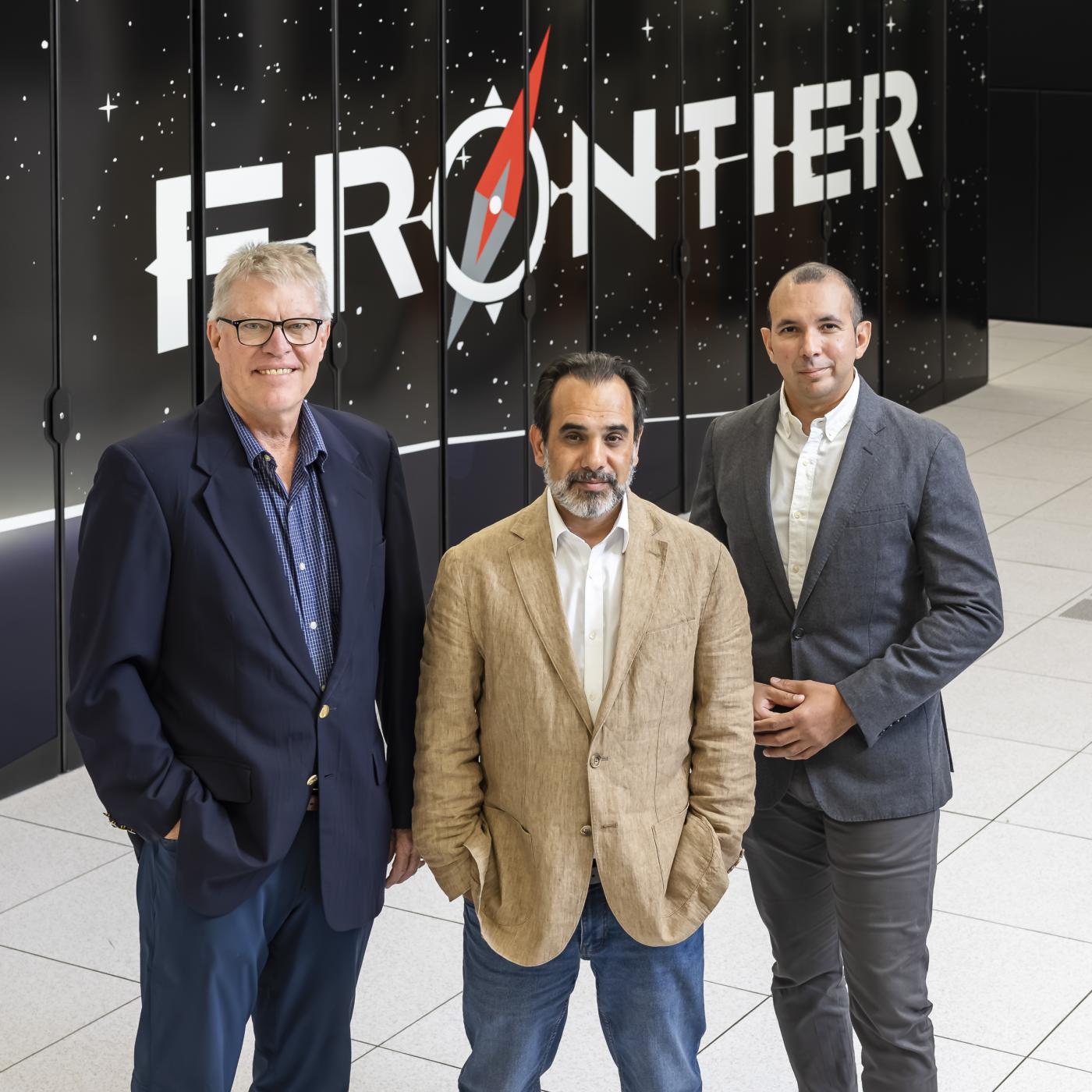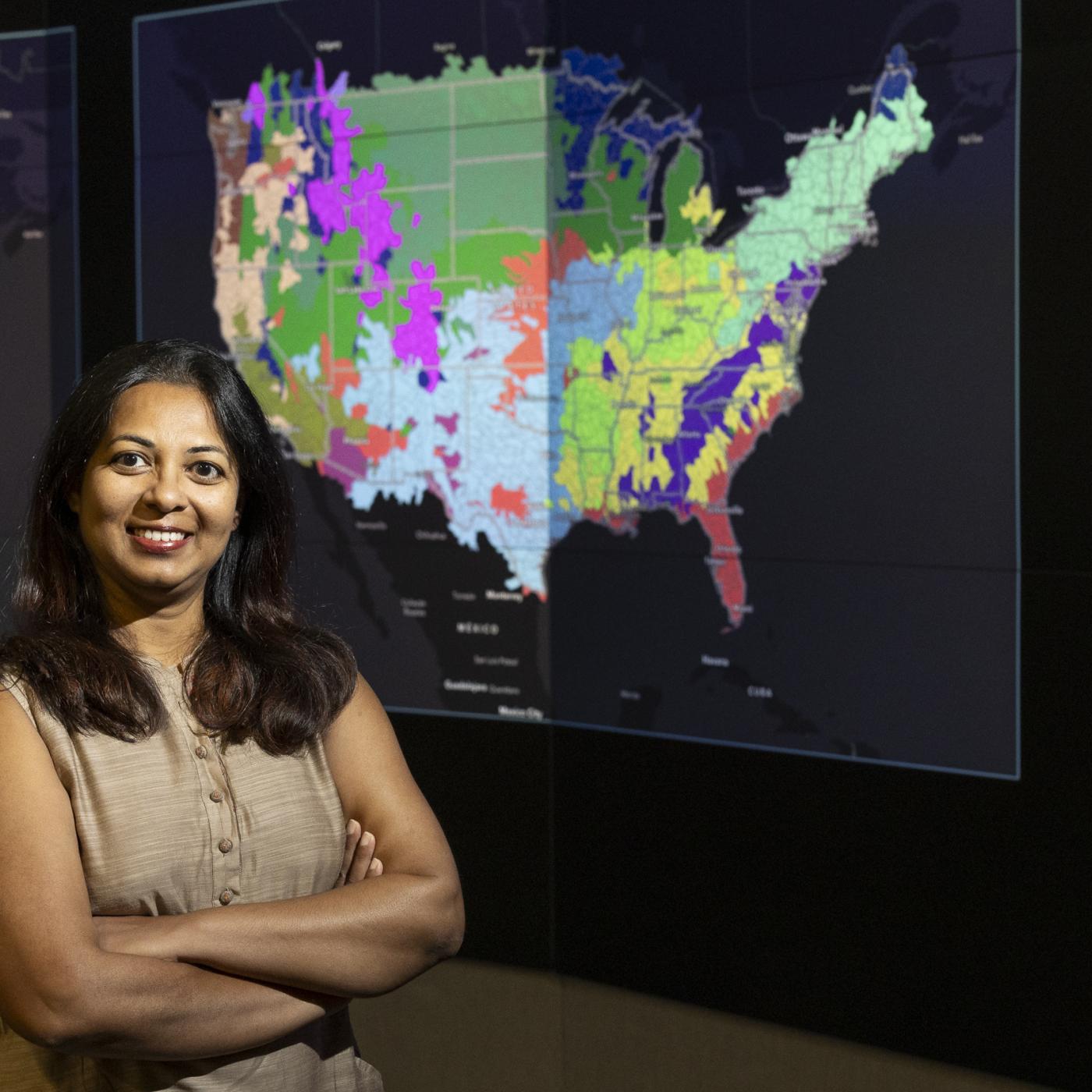
Filter News
Area of Research
News Type
News Topics
- (-) Biotechnology (6)
- (-) Quantum Science (17)
- 3-D Printing/Advanced Manufacturing (21)
- Advanced Reactors (4)
- Artificial Intelligence (30)
- Big Data (16)
- Bioenergy (13)
- Biology (14)
- Biomedical (11)
- Buildings (18)
- Chemical Sciences (20)
- Clean Water (6)
- Climate Change (25)
- Composites (10)
- Computer Science (40)
- Critical Materials (8)
- Cybersecurity (3)
- Decarbonization (23)
- Education (1)
- Emergency (1)
- Energy Storage (14)
- Environment (25)
- Exascale Computing (9)
- Fossil Energy (3)
- Frontier (9)
- Fusion (12)
- Grid (13)
- High-Performance Computing (20)
- Isotopes (20)
- ITER (1)
- Machine Learning (10)
- Materials (16)
- Materials Science (29)
- Mathematics (4)
- Mercury (1)
- Microelectronics (2)
- Microscopy (7)
- Molten Salt (5)
- Nanotechnology (11)
- National Security (24)
- Net Zero (6)
- Neutron Science (21)
- Nuclear Energy (22)
- Partnerships (17)
- Physics (16)
- Polymers (10)
- Quantum Computing (13)
- Security (10)
- Simulation (15)
- Space Exploration (5)
- Statistics (2)
- Summit (8)
- Sustainable Energy (21)
- Transportation (19)
Media Contacts
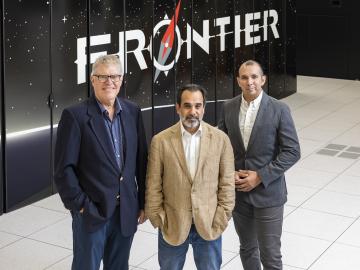
A study by more than a dozen scientists at the Department of Energy’s Oak Ridge National Laboratory examines potential strategies to integrate quantum computing with the world’s most powerful supercomputing systems in the pursuit of science.
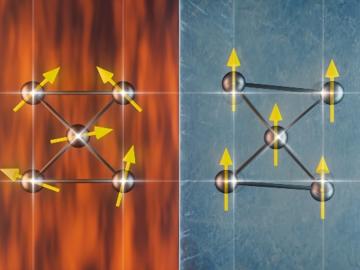
At ORNL, a group of scientists used neutron scattering techniques to investigate a relatively new functional material called a Weyl semimetal. These Weyl fermions move very quickly in a material and can carry electrical charge at room temperature. Scientists think that Weyl semimetals, if used in future electronics, could allow electricity to flow more efficiently and enable more energy-efficient computers and other electronic devices.
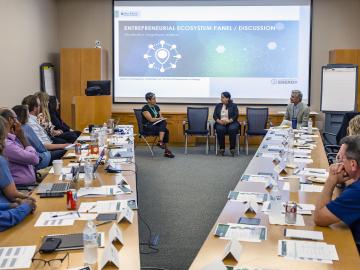
Five researchers at the Department of Energy’s Oak Ridge National Laboratory recently completed an eight-week pilot commercialization coaching program as part of Safari, a program funded by DOE’s Office of Technology Transitions, or OTT, Practices to Accelerate the Commercialization of Technologies, or PACT.
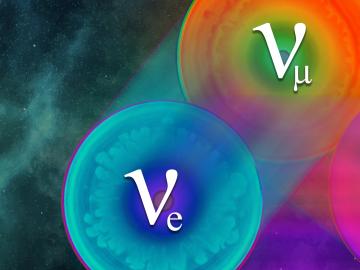
Researchers used quantum simulations to obtain new insights into the nature of neutrinos — the mysterious subatomic particles that abound throughout the universe — and their role in the deaths of massive stars.
Close on the heels of its fourth summer school, the Quantum Science Center, or QSC, hosted its second in-person all-hands meeting in early May. More than 150 scientists, engineers and support staff traveled from 17 institutions to review the QSC’s progress, examine existing priorities and brainstorm new short- and long-term research endeavors.
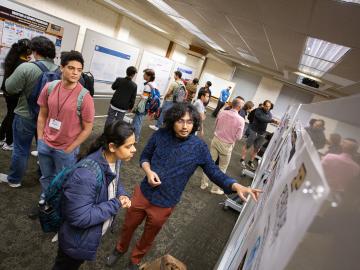
Purdue University hosted more than 100 attendees at the fourth annual Quantum Science Center summer school. Students and early-career members of the QSC —headquartered at ORNL — participated in lectures, hands-on workshops, poster sessions and panel discussions alongside colleagues from other DOE National Quantum Information Science Research Centers.
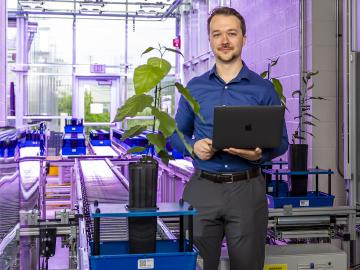
John Lagergren, a staff scientist in Oak Ridge National Laboratory’s Plant Systems Biology group, is using his expertise in applied math and machine learning to develop neural networks to quickly analyze the vast amounts of data on plant traits amassed at ORNL’s Advanced Plant Phenotyping Laboratory.

A team of researchers including a member of the Quantum Science Center at ORNL has published a review paper on the state of the field of Majorana research. The paper primarily describes four major platforms that are capable of hosting these particles, as well as the progress made over the past decade in this area.

The U.S. Environmental Protection Agency has approved the registration and use of a renewable gasoline blendstock developed by Vertimass LLC and ORNL that can significantly reduce the emissions profile of vehicles when added to conventional fuels.
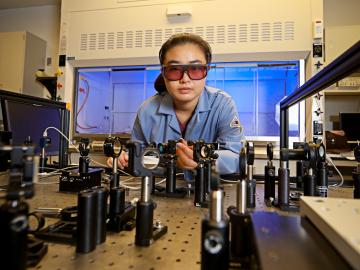
The Quantum Voices series is designed to share the stories of the quantum researchers and technical experts behind the Quantum Science Center’s past, present and future accomplishments. Chengyun Hua is highlighted for this edition, talking about her role in the Quantum Science Center.


